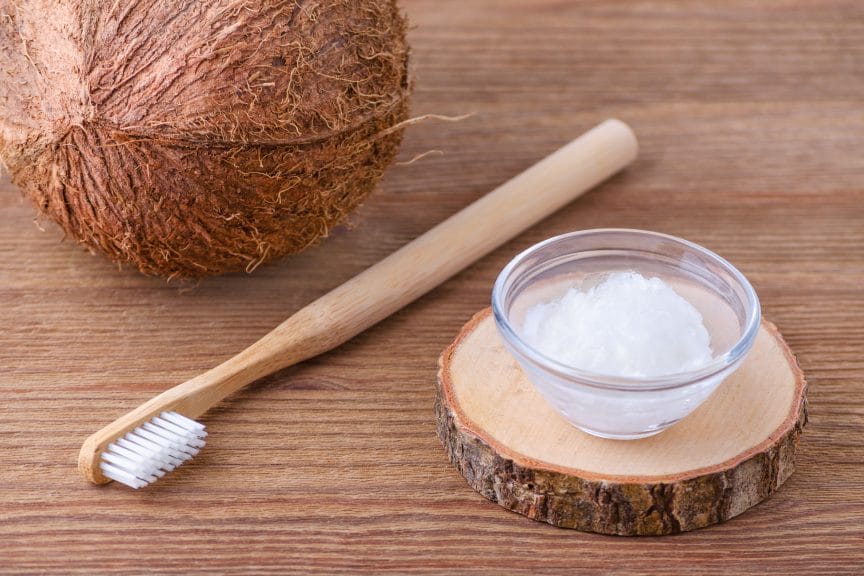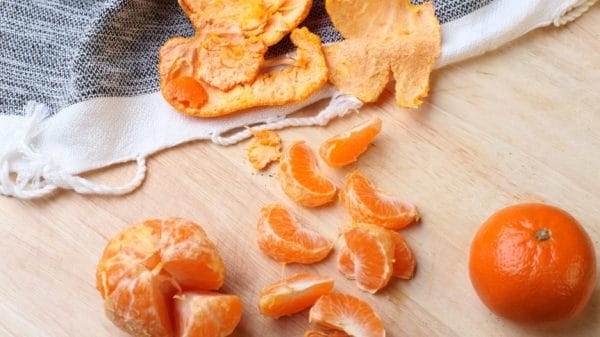You know that isolating moment where you just know you’re on the weird side of Tiktok? You know, the videos you casually mention to your friends only to be met with confused and blank stares? Rather than finding yourself watching the latest dance trend or Tik Tok shop advertisement, you find yourself on the side that boasts North Sea mermaids, Shrek thirst traps, and rating the “scoopability”of slimes.
This was me all throughout the month of February. Yet instead of rolling my eyes and turning a blind eye, the information I uncovered from TikTok’s new “oil pulling trend” impressed me. Scroll after scroll, I encountered countless people swearing by this new practice. They claimed that oil pulling was the new health trend that you just had to try. Why? Not only did it lead to overall better oral hygiene health but it drew out toxins from the body and reversed seemingly permanent dental problems. When I heard one user claim that she believes oil pulling cleared up her acne and helped her develop overall gut health, I practically flew to the Tiktok shop to purchase some for myself.
So…what even is oil pulling and why should you care? Sit back and prepare for a roller coaster of emotions as you learn about the health trend that’s been missing from your life.
What is Oil Pulling?
Oil pulling is the simple act of swishing a few tablespoons of oil around in your mouth for a period of time to remove toxins and improve overall oral hygiene. While swishing, you “pull” oil through the teeth and mouth for anywhere from 5-20 minutes, giving your mouth and teeth a well-needed cleansing. While most users have been using store-bought brands to oil pull, you can also use coconut, sesame, or sunflower oil.
Oil Pulling Origins
While oil pulling has newly taken over the internet, the practice is anything but new, deeply rooted in ancient, traditional folk remedies from India and Southeast Asia. More specifically, Ayurvedic holistic medicine.
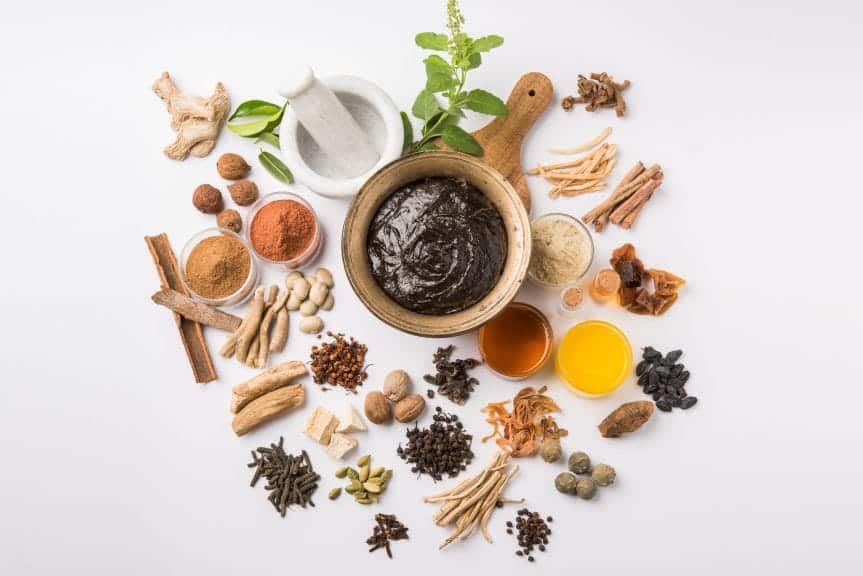
“In those days it wasn’t just used for its physical benefits. It was also a way to align doshas, bodily energies that determined a person’s mental, emotional, and physical well-being. Factors such as stress and a bad diet all affected the balance between the body’s doshas, leaving it vulnerable to disease, so oil pulling corrected these miss-alignments,” an article by Maiden Lane Dental claimed.
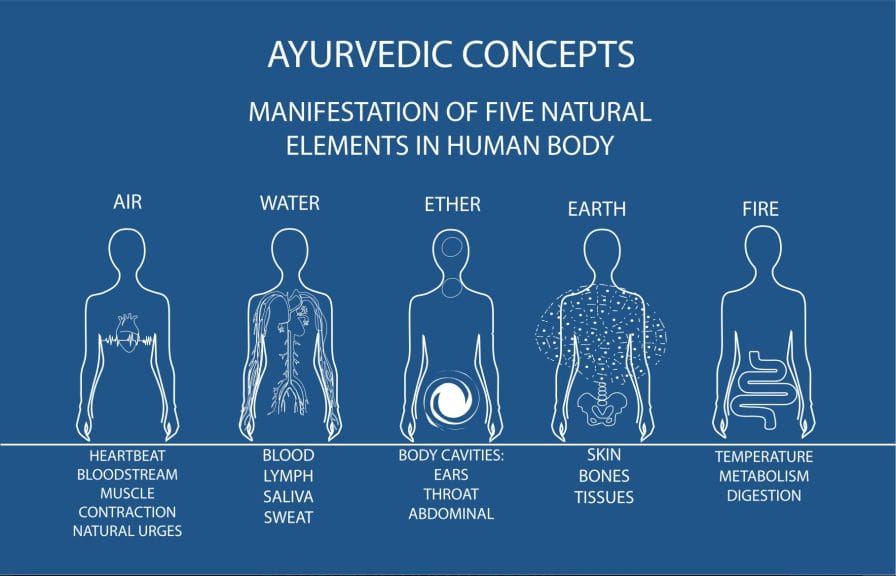
Kavala Graha and Gandush are the two known methods of oil pulling, one of which involves only swishing around a tablespoon of oil as opposed to a whole mouthful. Nonetheless, the benefits are a hundredfold. Users and studies suggest that oil pulling reduces plaque buildup, draws out impurities and bacteria, reduces inflammation, and can help with health problems like headaches, asthma, and hangovers. The Ayurveda theory hypothesizes that the tongue connects to organs like the kidneys, lungs, heart, and spine. “Oil pulling activates salivary enzymes which absorb toxins such as chemical toxins, bacterial toxins and environmental toxins from the blood and removed from the body through the tongue,” a study by the National Library of Medicine said.
How Does it Work?
The truth is, oil pulling benefits and findings are far and wide, mostly rooted in Ayurveda medicine. While some believe that science doesn’t exactly prove these findings, they’re definitely worth mentioning.
Oil Pulling Reduces Bacteria
We all know that the human mouth is a dirty, dirty place. When left unchecked and not thoroughly cleansed, an article by Bayan Botanicals says, “Our mouths are host to over 600 different species of bacteria which populate the teeth, tongue, soft tissue of the cheeks and palates, and our tonsils.” The lipid structure of the oil attracts the bacteria in our mouth, pulling out toxins when we oil pull and spit out the excess. “Subjects performed oil pulling in the early morning on an empty stomach in addition to their routine oral hygiene measures such as brushing and flossing…Plaque and gingival indices significantly decreased after 30 days of oil pulling. The study observed 50% decreases in gingival and plaque,” an article by the National Library of Medicine said.
Oil Pulling May Activate Digestion
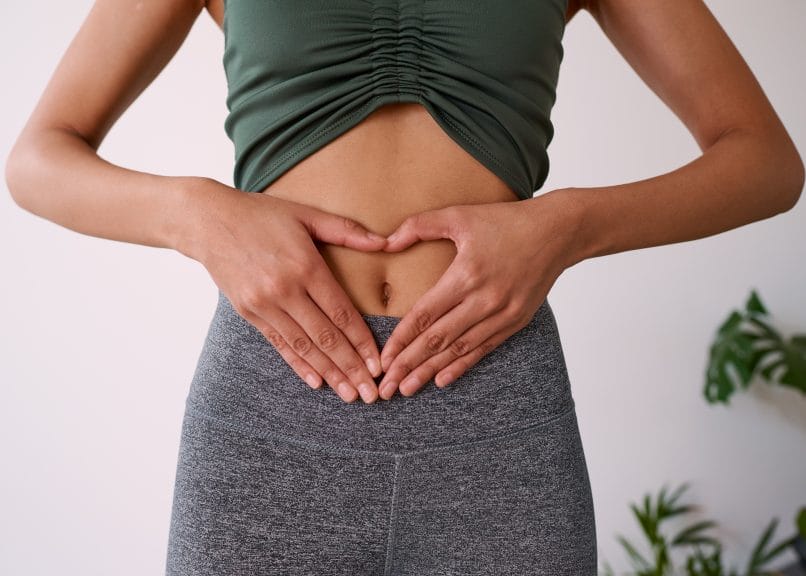
“In addition, the action of swishing oil around your mouth may activate digestion, and when the oil mixes with digestive enzymes in your saliva, it may become a potentially powerful antiviral and antibacterial agent, says John Douillard, a doctor of chiropractic and a certified Ayurvedic practitioner in Niwot, Colorado. Coconut oil, for example, contains lauric acid, which reacts with saliva to form a soap-like substance that contains antimicrobial and anti-inflammatory properties.” an article by EveryDay Health claims.
Oil Pulling Balances Mouth pH Levels

Another research article claims that our pH level drops below 5.5 the more we eat, becoming more acidic and causing our teeth to demineralize (causing cavities). “Oil pulling may be another way to bring your mouth’s pH back to neutral or basic levels, Dr. Chen says. Coconut oil, for example, has a pH of 7 to 8, he notes. Rinsing with it may theoretically cause the bacteria to become less active, “thus providing your body a chance to repair damage from acidic insults.” an article by Banyan Botanicals says.
More Benefits
Read on to discover some more of the many benefits to oil pulling.
1.Reduces harmful bacteria from your mouth
2. Reduces inflammation and helps develop better gum health
3. Fresher breath and whiter teeth
4. Healthy sinuses
5. Cheap & easy to implement into your dental routine
There you have it. With an ancient practice deeply rooted in historical health, there’s a reason why many have been practicing oil pulling for centuries. Even so, it’s important to note that oil pulling is merely an addition to your brushing and flossing routine and shouldn’t be a substitute.
With users all over the nation claiming its magnificent benefits in mouth health and gut health, it’s hard not to be convinced of this interesting angle to dental hygiene. Give it a try. Caution: your dosha might be completely realigned and your breath will smell better than ever.


